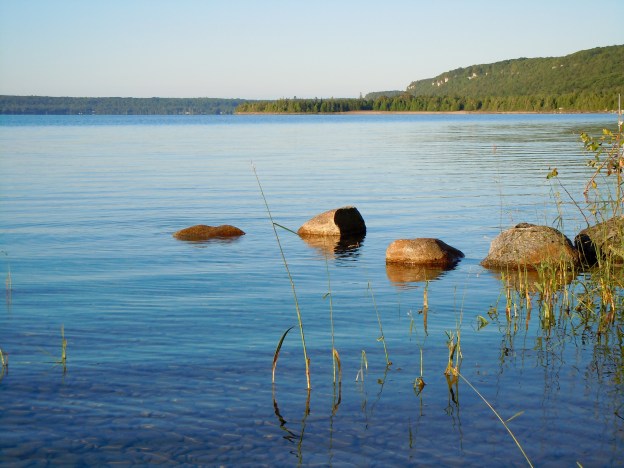I’m writing this to crowdsource and to get advice on course design, so this might not be the most interesting blog entry I’ve ever written. But if this is the kind of thing that intrigues you…read on!
I teach a graduate seminar on cognition every two years. It’s one of the required courses for our cognition graduate students (Master’s and PhD) and covers the fundamental issues in the field, and also to help prepare students for the PhD exams. I usually have a few students from other areas in psychology (e.g. social psychology) as well as student from other departments (philosophy, neuroscience, and business). I’ve run this class since 2007, and I’m thinking of overhauling some of the topics for the Fall 2015 session. An example of the most recent syllabus can be found HERE.
The basic course
The official description of the course as it stands now is as follows.
“This course aims to provide graduate students with exposure to classic and current research in cognitive psychology. We will read and discuss articles on the major topics in the field, including high-level perception, categorization, attention, working memory, knowledge, language, and thought. The readings will encompass theoretical approaches, behavioural research, computational modelling, and cognitive neuroscience. Meetings will follow a seminar format, in which students will discuss the readings for each class. To frame the discussion for each meeting, the instructor will provide background and any needed tutorials. Marks will be based on participation and written work.”
The class has a midterm, a final paper, and discussion papers. I cover topics like:
- “Viewpoint Independent vs. Viewpoint Dependent Theories of Object Recognition“
- “Theories of Working Memory”
- “Inductive Reasoning: Similarity-based or Theory-based?”
- “Categorization: Prototypes vs. Exemplar models”
This is all pretty standard graduate seminar material. But I’m thinking of updating some topics and in particular updating the way the course is run. I’m not sure the standard format is the best, and the last time I ran a seminar (not this one, but a class on “Concepts and Categories” ). I felt that it was not working well. Discussion did not flow, I talked too much, there was a lack of enthusiasm. This was not due to the students, but I think was a result of my not leading it well, and the limitations of the standard seminar format.
A new format
I’m planning to keep some the topics, but add in new newer ones that could be challenging or debate-worthy. For example
- “The Dual-Process Approach of Thinking”
- “What are Mental Representations and Are They Needed for a Theory of Cognition?“
- “Cognitive Heuristics: Helpful or Harmful”.
- “Is Vision Strictly Visual: Vision as Action, Evidence from Blind Echolocation, and Visual imagery“
Each class would have around 4-5 papers assigned which would be a mix of classic, standard papers, and new perspectives on that issue. If possible, I will assign readings that cover two sides to an issue. In the past, there are usually 10-15 people in people in this seminar, and it meets for three hours, typically two 1:15 sections and short break.
Here are four possible ways to run a class. I’ve usually used the first two…Sometimes it works well, sometimes it works less well.
1. The Standard Seminar. Each class is a discussion of the central issues. I provide 3 or 4 central questions (or maybe a brief outline) that students can prepare for. Rather than discuss each paper in detail, we will try to answer the central questions but will use the assigned readings as a guide.
2. Student-led Discussions. Each class can have one student assigned to be the discussion leader. Alternatively, I act as discussion leader, but there is one student assigned to present each paper.
3. The Debate Team. Each class is framed around a debate and there will be two teams. Each team consists of a leader and two panelists. They will face off and the remaining students will asses and judge the winner and provide feedback. A three hour class could have one or more debates. Throughout the course of the class, there will be several opportunities to be on an debate team.
4. The Shark Tank. This format is like a debate, but one team is selling the idea and the other team is an antagonist. Students make a 10 min presentation of the paper, theory, or idea and then defend the ideas in the paper, and the the sharks question and critique the ideas. Sharks decide to accept the idea and invest, or pass. The rest of the class participates by assessing the performance of the sharks an the presenters.
Ideas?
So if you were taking a course like this, which if these formats would you enjoy most? Which format do you think might promote the best mastery of the material, the best engagement? Are there other ways to run a graduate seminar that I have not tried?
Maybe I should use a mix of formats? Some classes will be standard discussion while others will be debates?
I’d welcome and appreciate any suggestions, critiques, and ideas.





